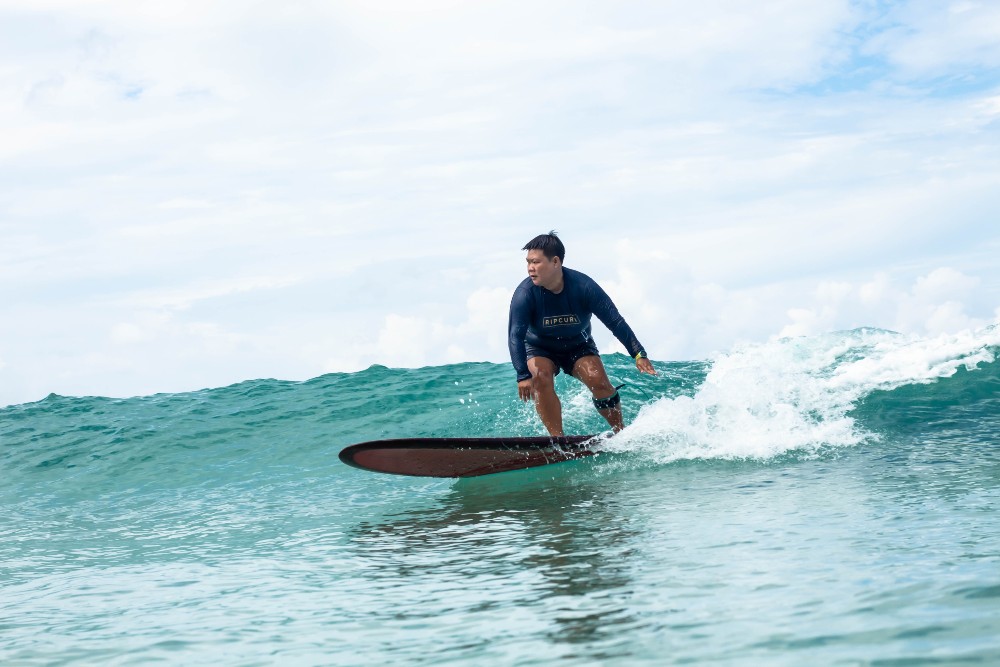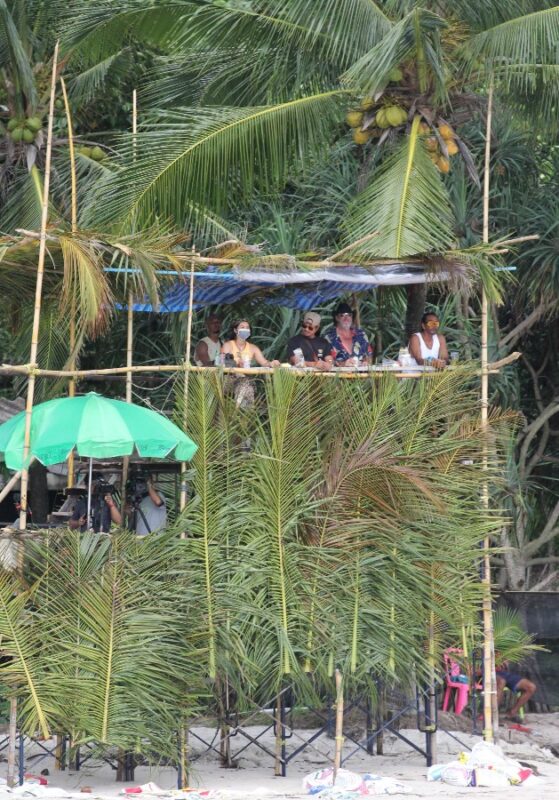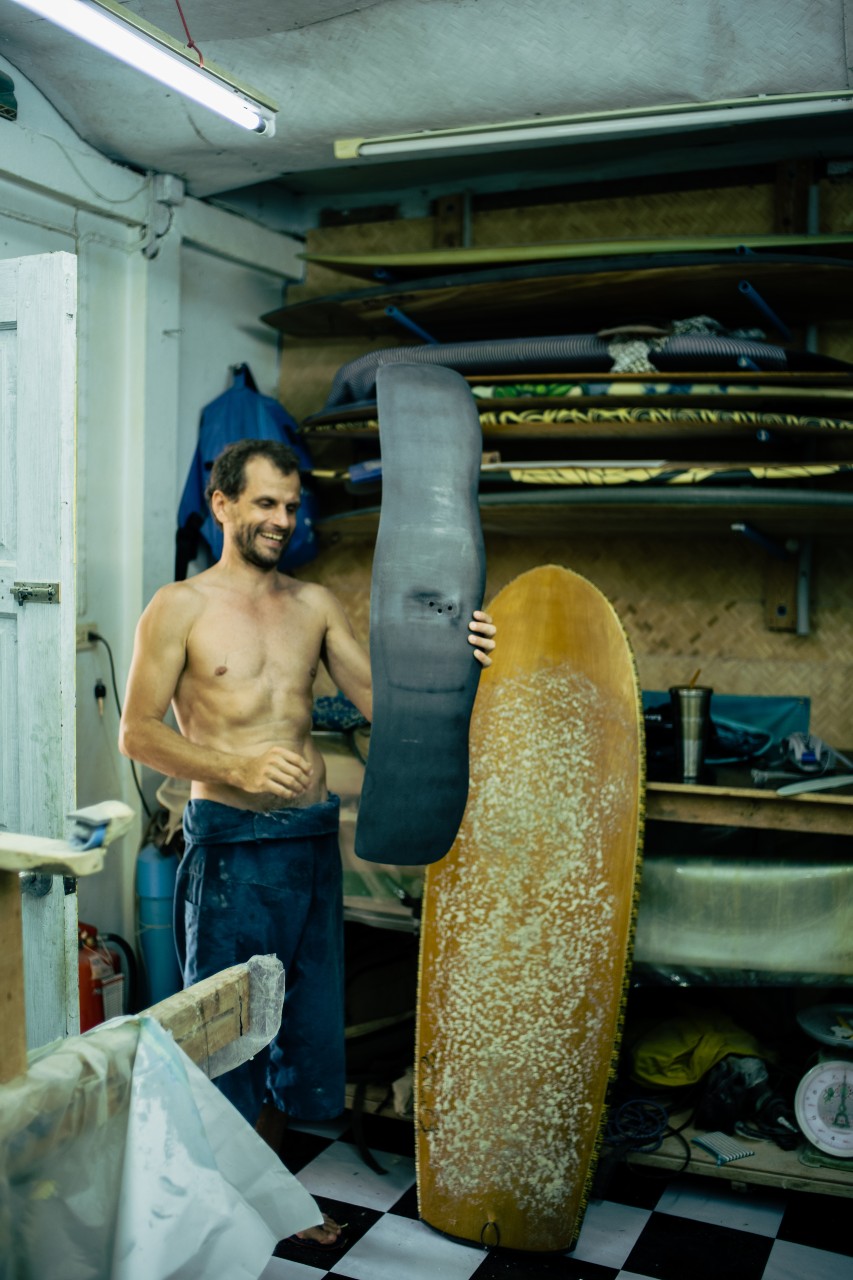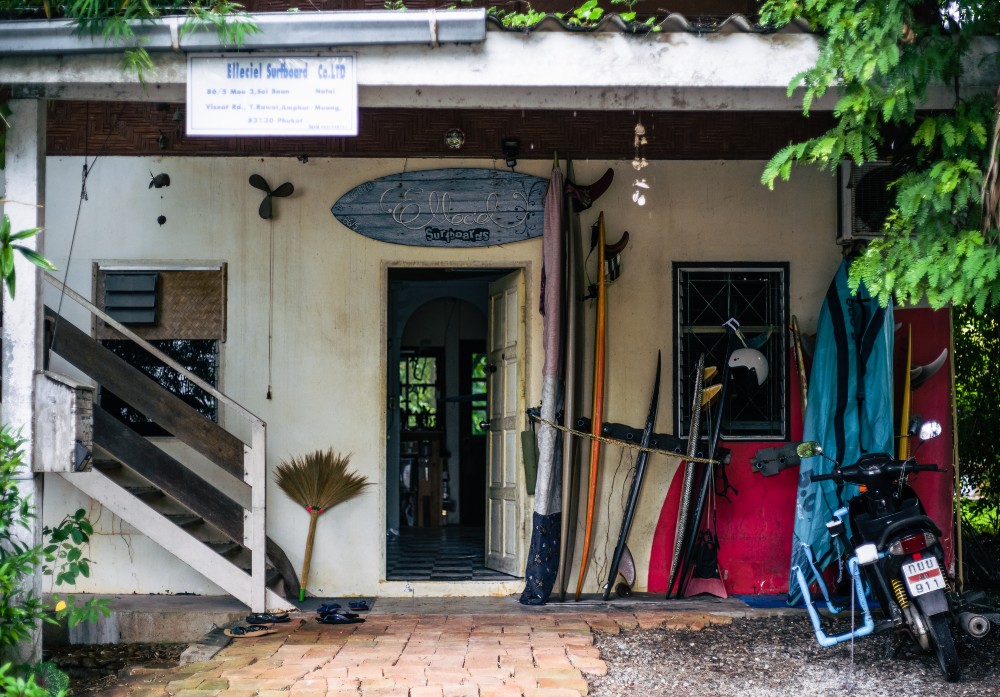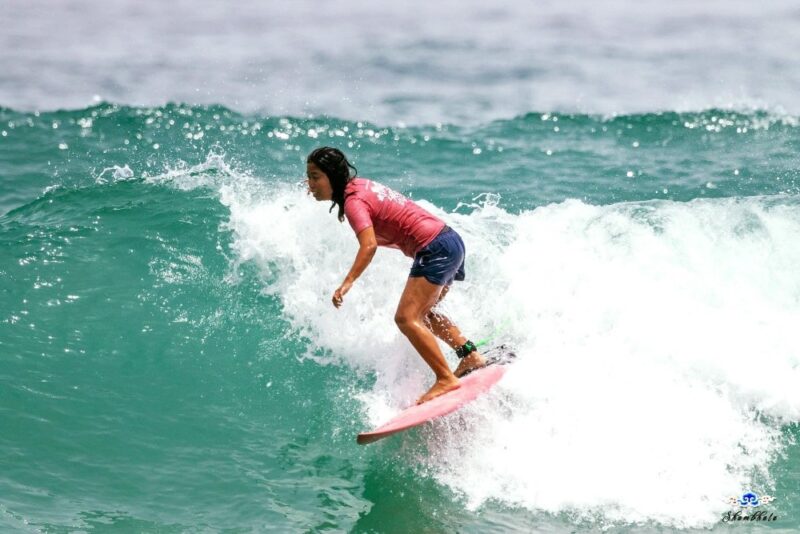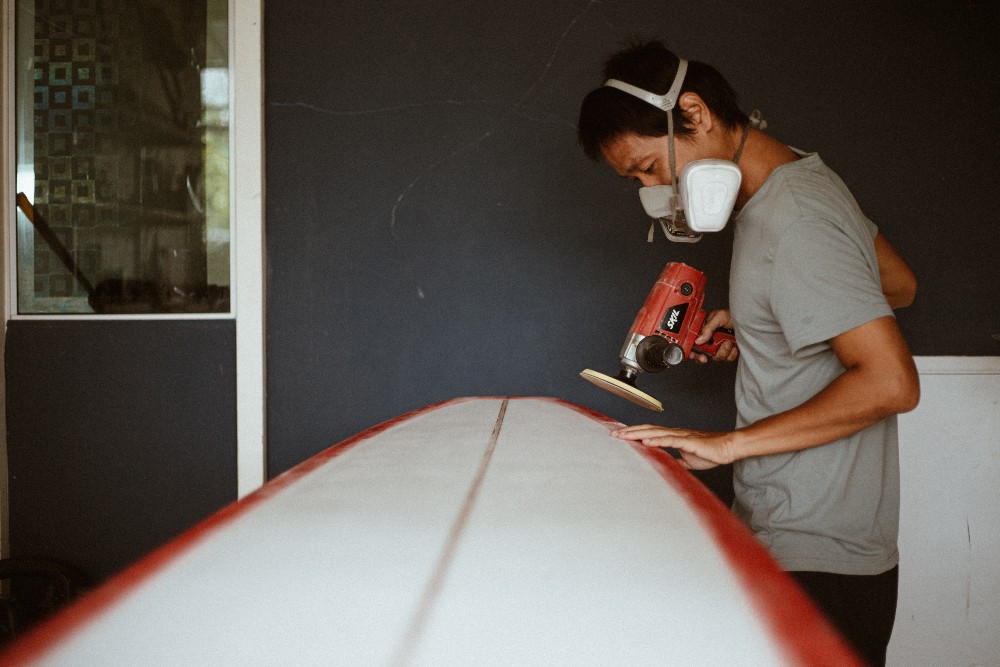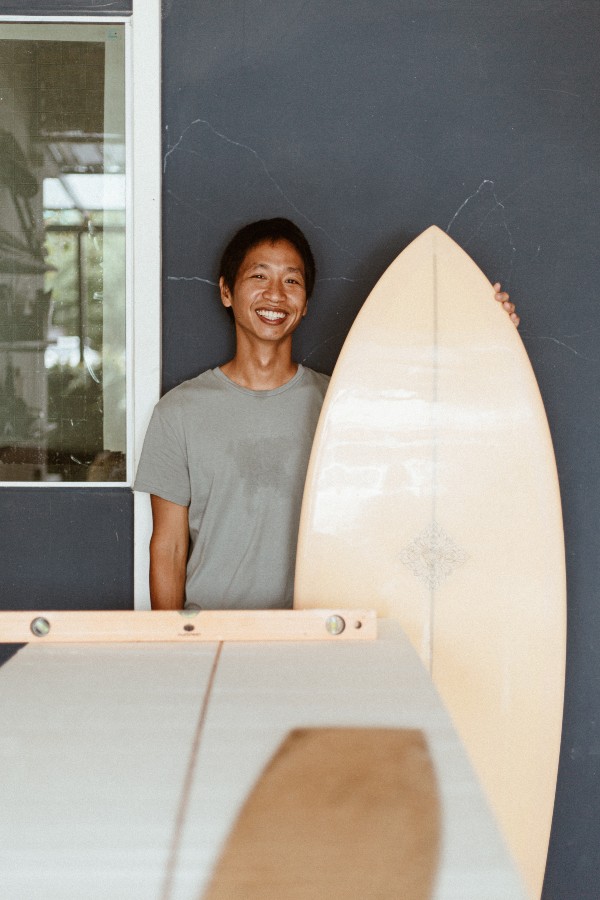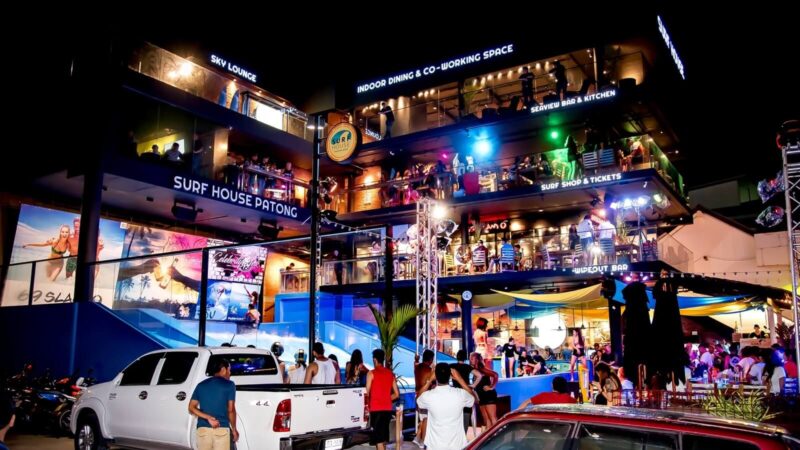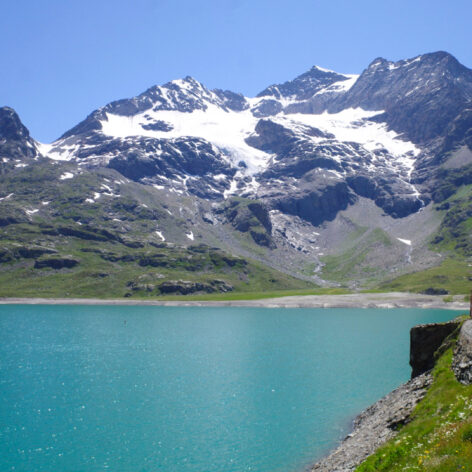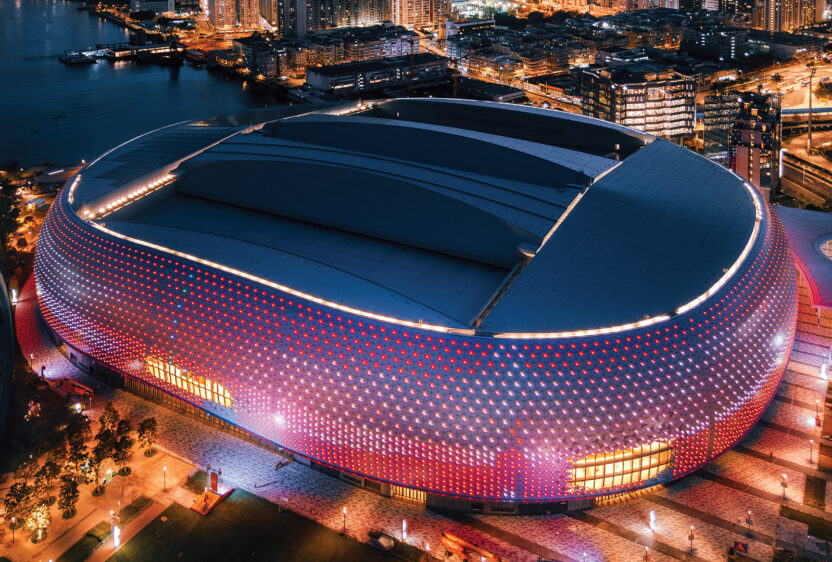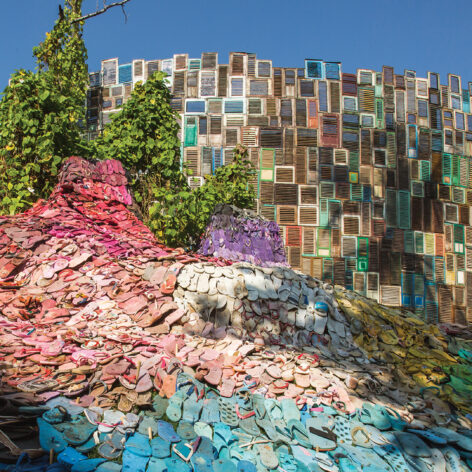Let’s be honest, whoever first said “a bad day surfing is better than a good day working” probably didn’t quite have Thailand in mind. Nevertheless, the surf scene on the popular southern island of Phuket is steadily gathering momentum, with its surf clubs, surf shops, surf camps, and surfboard shapers all having set up over the past 20 years.
As the stories go, the first surfers in the Land of Smiles were GIs on R&R, during the Vietnam War, in the late 1960s/early 1970s. Some fell in love and settled in Phuket, after their service was complete, and introduced locals to the sport. Yet, surfing in Phuket remained low-key for decades to come.
In 1972, the surf documentary Morning of the Earth put Bali on the surfers’ map, especially among board-happy, wanderlust-filled Australians. In 1976, a 23-year-old Irish-Aussie surfer, Nicky Mahon, heard of an island in the Andaman Sea, and wondered if there could be waves. Curiosity piqued, he travelled from Indonesia to Phuket’s untamed beaches.
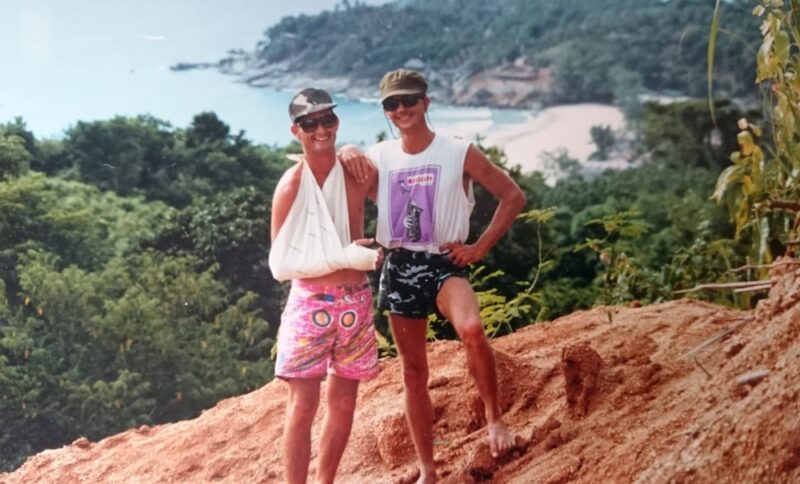
“When I first went to Phuket, it was basically just jungle. One day, I followed a little dirt track towards Nai Harn, found a beach, and saw there was surf.” The next year, Nicky, along with a buddy, spent three months trail-biking around Phuket and discovering its surfable west-side beaches. He has returned for a visit nearly every year since. “I think I was the first to surf Kalim in 1977. There were no roads, no hotels, no tourists.”
“A group of us – mixed nationalities – found the best waves at Relax Bay – a beautiful little beach with powerful swells, but when Le Meridien hotel was built (1987), they stopped us from surfing there,” recalls 69-year-old Nicky. In the late 90s, Nicky sat in on meetings with local surfers to discuss setting up a surf club, and even sketched out the artwork for their first t-shirt.
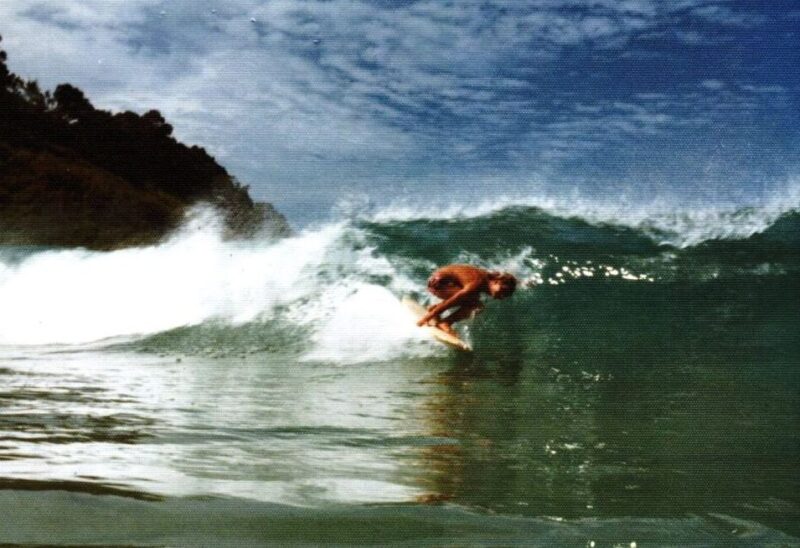
This led to the founding of the non-profit Phuket Boardriders Club in 2002. The club’s aim was to “strengthen local surfing” and organize contests, and they gained support and sponsorship from the Tourism Authority of Thailand (TAT) and the local government. Other organizations, such as the Thailand Surfing Federation, were later set up to help promote and fund the sport nationwide.
Bert Berger, an Australian innovator and lifelong surfer, founder of Sunova Surfboards and co-founder of Firewire, runs his board production out of Khao Lak. He first discovered surfing in Phuket in 1976. “It was all pretty rugged back then. The southern corner between Patong and Kalim really picked up the swell, and had power, and I surfed alone a lot. That’s no longer possible, as many more user groups are now competing for space.”


